IV National Media Conclave Opens at SNU, Spotlights Marginalised Voices in Media
Theme “Representing the Unseen” puts focus on marginalised voices, global partnerships, and inclusive media discourse at Sister Nivedita University
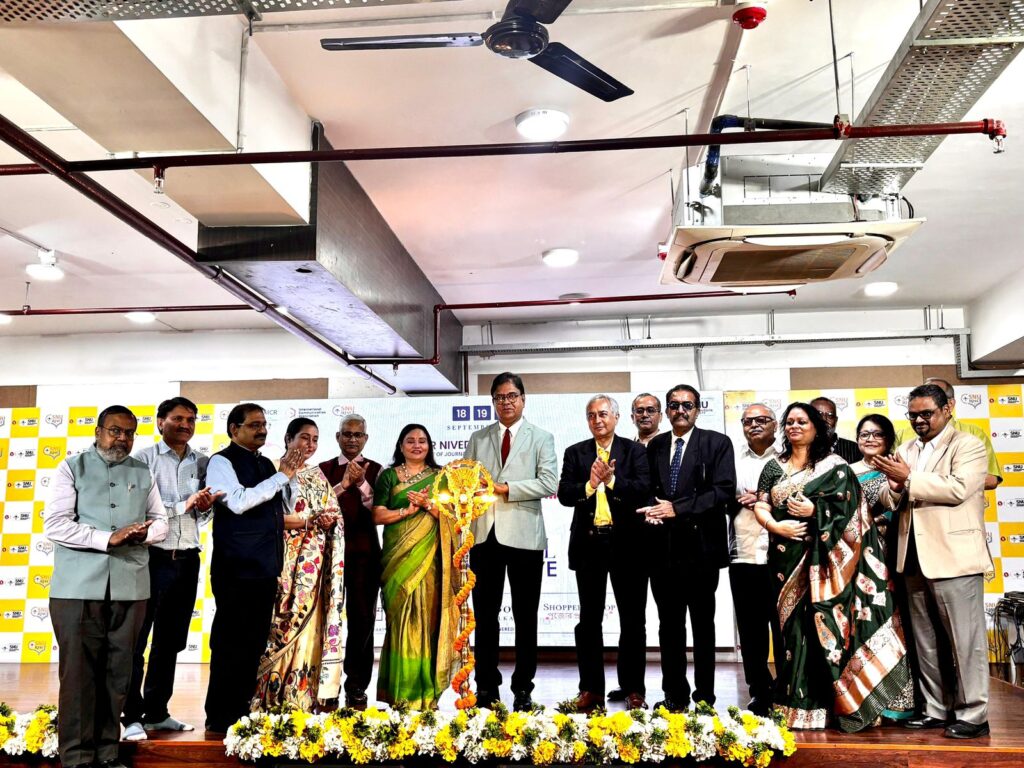
New Delhi: Kolkata, September 18: The IV National Media Conclave, one of India’s most reputed and eagerly awaited academic gatherings in media studies, hosted by the Journalism and Mass Communication Department, commenced today at Sister Nivedita University (SNU). With over 100 research papers scheduled to be presented and debated over the next three days, the conclave has emerged as arguably the biggest media-focused academic platform in Eastern India.
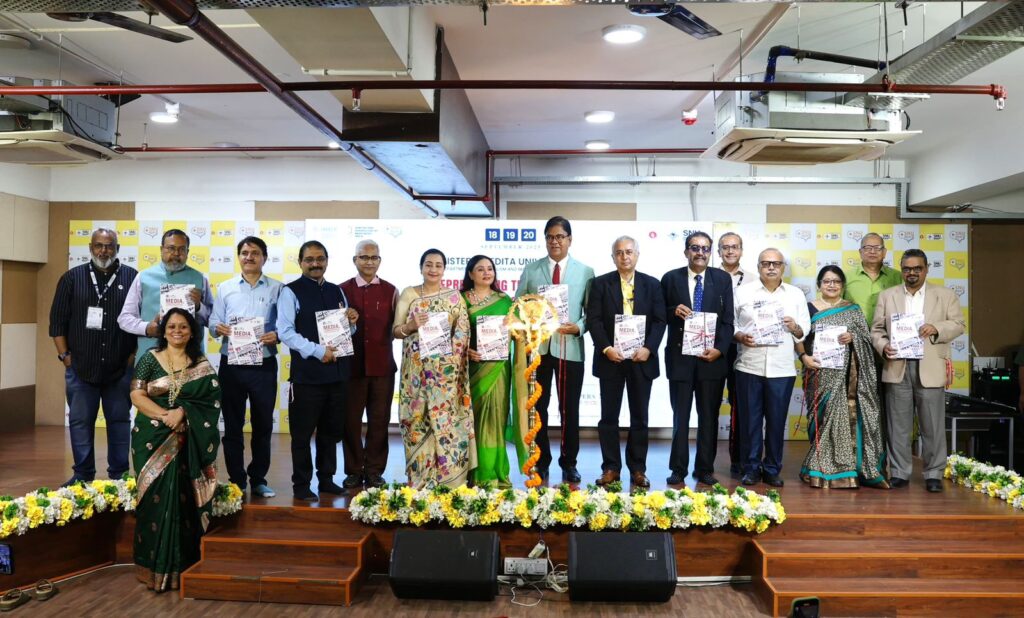
The theme for this year, “Representing the Unseen: India at the Margins and Media,” seeks to interrogate the silences and exclusions that persist in contemporary discourse. Whether it is people and communities on the margins, overlooked cultural practices, suppressed narratives in literature and art, or silenced social values, the conclave aims to bring them to the centre of academic and professional dialogue.
Adding to the academic weight of this year’s conclave are two internationally renowned education partners: the International Association for Media and Communication Research (IAMCR) Gender and Communication Wing and the International Communication Association (ICA). Their involvement situates the conclave within a global framework of critical media scholarship, ensuring that discussions resonate beyond India.
The opening ceremony was graced by Prof. (Dr.) Sanku Bose (Vice-Chancellor), Prof. (Dr.) Dhrubajyoti Chattopadhyay (Pro-Chancellor), along with distinguished guests that included Ms. Mamta Rani Agarwal (Additional Secretary, AIU), Mr. Jayanta Ghosal (Consulting Editor, NDTV), Prof. K. G. Suresh (Director, India Habitat Centre), and Mr. Rishiraj Singh (Former IPS), Dr Snehasish Sur, President Press Club, Kolkata, among many other eminent figures from academia and the media.
Speaking on the importance of the conclave, Dr. Minal Pareek, President of the Conclave and Dean School of Media Communication, Fine Arts, Design, and Drama, at SNU, noted: “This conclave is not merely a forum for paper presentations. It is a space where our students witness scholarship and critical thought at its best, interacting with leading figures in media and academia. For the university, it represents our commitment to fostering dialogue that is socially relevant, intellectually rigorous, and deeply empowering for young minds.”
The diversity of research papers underscores both the conclave’s national importance and the richness of media’s engagement with issues of marginalisation.
Prof. Arindam Basu, Convenor of the Conclave, added: “What began just four years ago with a modest 40 papers has today transformed into one of India’s most respected platforms in media studies. This year’s conclave stands at the intersection of pedagogy and practice—bringing together rigorous academic inquiry with future-looking debates. It is here that excellence in pedagogy meets critical engagement with the issues that will define media’s role in society tomorrow.”
Across plenary sessions, special talks, and parallel panel discussions, the conclave is structured around themes that capture the breadth and urgency of contemporary media concerns. Day One opened with a plenary session titled “Unrepresented India: Lives on the Margins through Various Mass Media”, where keynote speakers explored issues of stereotyping, post-production aesthetics, media imperialism in the AI age, and gender representations in television and advertising.
Day Two will feature the plenary session “What Communication Truly Includes the Marginalised in Mainstream Discussions?”, delving into platform inequalities on social media, the portrayal of disability and empowerment through digital storytelling, and the marginalisation of Dalit women in media reporting. Later, the session “Popular Culture’s Straightjacketing of Indigenous Life” will interrogate how mainstream cinema, advertising, and folk media either reproduce or challenge entrenched stereotypes.
The final day will feature “The Reality of Being Marginalised”, with papers ranging from the struggles of India’s tribal voices in digital spaces to folktale resistance, gender stereotyping in cinema, and algorithmic silencing of communities. These plenaries will be complemented by ICA-led sessions on marginalisation and apathy, as well as IAMCR’s global perspectives on gender representation, ensuring the conclave connects national concerns to global discourses.
The conclave will conclude on September 20 with a valedictory session, featuring keynote addresses by Mr. Ashok Srivastava (Editor and Anchor, Doordarshan), and Dr. Uma Shankar Pandey (Head of JMC, Surendranath College). This will be followed by a documentary screening titled ‘Testimony of Ana’ by Sachin Dheeraj and cultural performances, marking a fitting close to three days of vibrant academic and cultural exchange.
By placing marginalisation at the centre of discussion and connecting pedagogy with global frameworks, the IV National Media Conclave is set to chart a roadmap for inclusive, ethical, and future-ready media practices in India. With its combination of rigorous academic presentations, international partnerships, and cultural engagement, the conclave stands as a benchmark for how universities can nurture research, foster critical thinking, and inspire the next generation of media professionals.

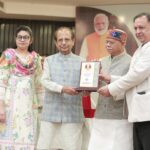

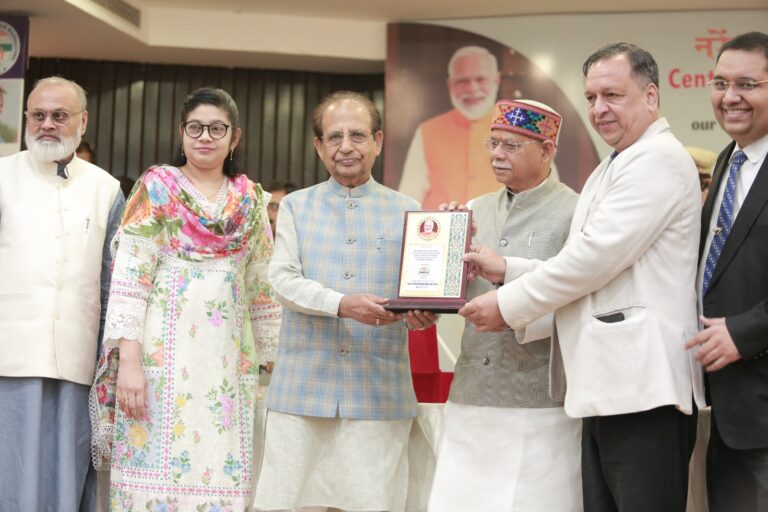
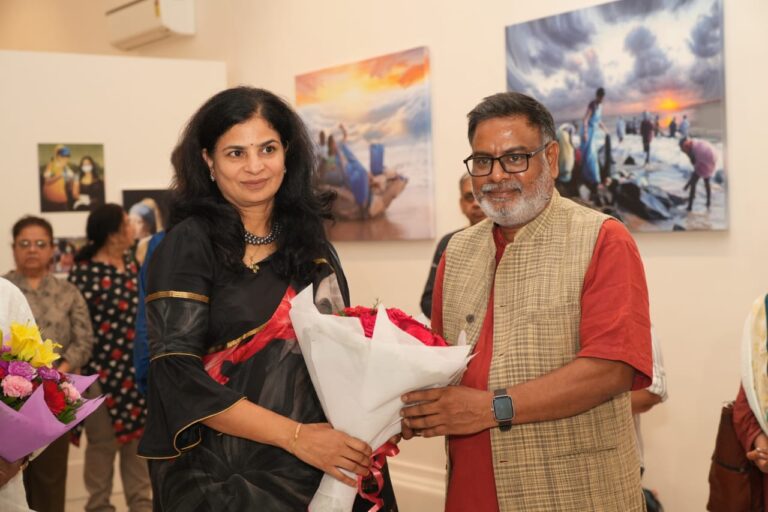
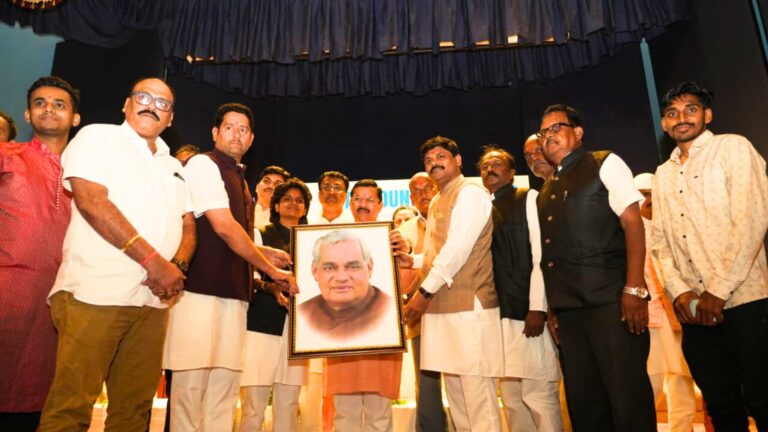
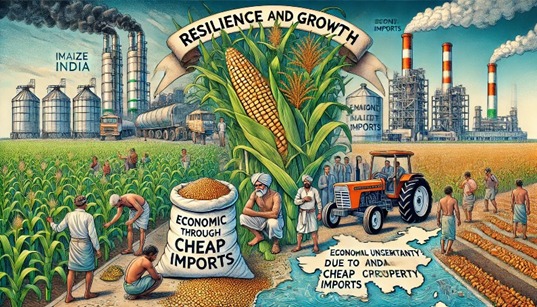
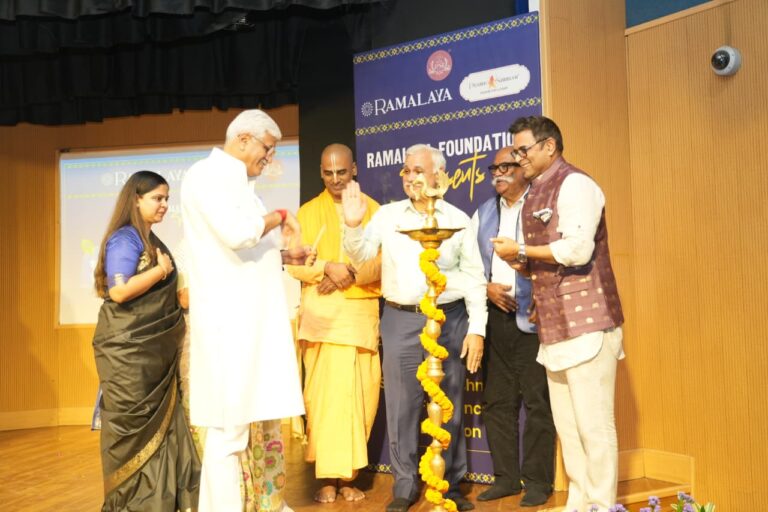
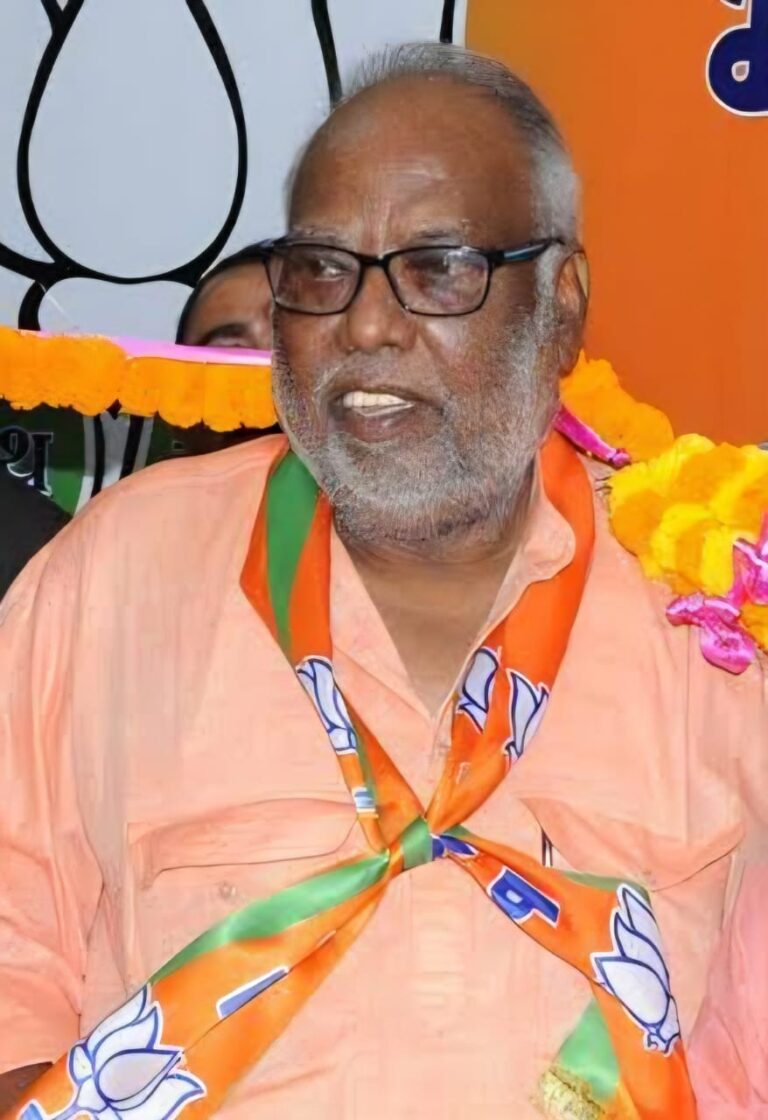
No Comments Yet